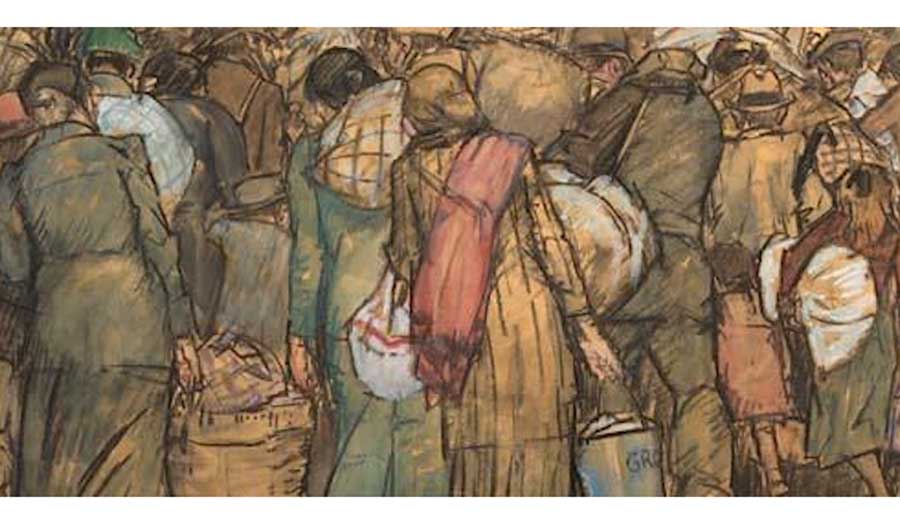In the nineteenth and twentieth centuries the UK (including Ireland up to 1922) sent out the most migrants of any comparable western European country. In every decade between 1850 and 1980 (apart from the 1930s) more people left the UK than arrived there. What’s more, unlike most other European states, the UK actually subsidised emigration with government spending. Subsidies were doled out from 1922 to 1972, i.e. right through the postwar decades often narrated as an era of ‘mass immigration'.
In fact, sustained net immigration only took off in 1994. Many emigrants who had left the UK over the preceding century subsequently had new rights to citizenship written into UK law in 1948, 1962, 1968 and 1971. These legislative changes have had profound effects on which members of the Commonwealth have had access to British citizenship via descent, and which groups have not, with devastating implications for those caught up in the recent ‘Windrush Scandal’. To understand these dynamics, this paper proposes that we understand the UK as an ‘emigration state: a state that has turned the emigration of its citizens into an imperialist policy to connect its metropolitan core to settler peripheries. Studying the UK's emigration state might transform the way we think about Britain’s modern history and provide new ways to compare the UK and its empire with other empires in Europe and beyond.

